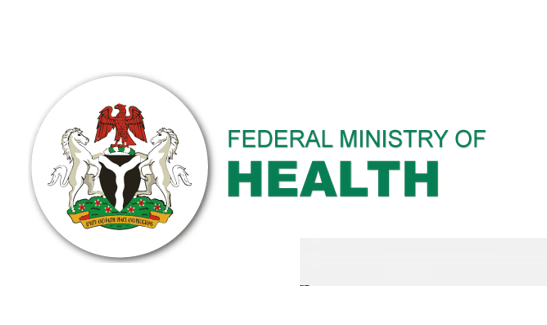Standard Primary Healthcare Centres to be established in each of the 774 LGAs
The World Health Organization (WHO) and the Private Sector Health Alliance of Nigeria (PSHAN) have officially launched a groundbreaking collaboration under the “Adopt-A-Healthcare Facility Programme” (ADHFP) to improve Primary Healthcare Centres services in Nigeria.
The ADHFP initiative aims to establish global-standard Primary Healthcare Centres (PHCs) in each of the 774 Local Government Areas (LGAs), aligning with the guidelines of the Health Sector Renewal Investment Programme of the Federal Ministry of Health and the National Primary Health Care Development Agency (NPHCDA).
Dr. Walter Kazadi Mulombo, WHO Country Representative in Nigeria, emphasized in his keynote address that this project supports President Bola Tinubu’s Renewed Hope Agenda and the 77th World Health Assembly resolution on “Economies of Health for All”, aiming to enhance the involvement of nongovernmental actors, including the private sector, in promoting equitable health and well-being for all.
This partnership between WHO and PSHAN, as commemorated today, is a response to member states’ requests to WHO in the 77th World Health Assembly resolution on “Economies of Health for All” and aligns with the WHO’s commitment to the Government of Nigeria outlined in the 4th Generation Nigeria Country Cooperation Strategy (CCSIV).
Dr. Mulombo noted that the initiative is in harmony with the national health policy, which seeks to enhance primary healthcare and improve health outcomes for all citizens of Nigeria. He elaborated that the World Health Organization (WHO) will offer technical assistance to Nigeria in mobilizing domestic resources and exploring fiscally sustainable methods to finance the progressive achievement of universal health coverage and optimal primary healthcare services, while also addressing broader social determinants of health. This effort aims to ensure that health systems are fortified, prepared, and resilient in responding to health emergencies.
“This collaboration seeks to utilize the unique strengths of our two organizations to expedite the revitalization of Primary Healthcare Centres, thereby advancing Universal Health Coverage and health security in Nigeria.”
A Significant Advancement in Primary Healthcare Centres Strengthening.
Dr. Tinuola Akinbolagbe, Managing Director and Chief Executive Officer of PSHAN, expressed her excitement that the ADHFP signifies a crucial milestone in the development of a strong Primary Healthcare Centres system, aligning with the sector-wide strategy of the Federal Ministry of Health for healthcare delivery.
“By uniting the varied expertise, resources, and viewpoints of the public and private sectors, academia, civil society, and international organizations, we are establishing a solid foundation for achieving Universal Health Coverage. Through this partnership, we aim to harness the strengths and resources of both parties to tackle urgent health issues and enhance health outcomes nationwide.
Dr. Akinbolagbe emphasized the program’s potential to motivate other private organizations to engage in Primary Healthcare Centres initiatives. “Together, we possess the capability to create a future where healthcare is not just a privilege but a fundamental human right, accessible to everyone, regardless of socio-economic status or geographic location,” she remarked.
The Path Forward in Primary Healthcare Centres
The Memorandum of Understanding (MoU) was signed by the WHO and the PSHAN in Abuja on 4 April 2024, witnessed by the Honourable Coordinating Minister of Health and Social Welfare, Professor Mohammadu Ali Pate, and the NPHCDA executive Director, Dr Muyi Aina.
It is important to note that the Nigerian Primary Healthcare Centres system is currently facing significant challenges and struggles to provide equitable, accessible, and affordable healthcare to its citizens. The lack of primary healthcare infrastructure, limited access to essential healthcare services, and ongoing health disparities underscore the urgent need for coordinated action.
The ADHFP’s strategy involves adopting Primary Healthcare Centres facilities, improving infrastructure, supplying essential medical resources, and training healthcare workers to ensure high standards of care, particularly for the most vulnerable members of Nigerian communities. The signing ceremony concluded with a strong commitment from all parties and partners to make the ADHFP a resounding success in improving the health and well-being of all Nigerians and making a significant contribution to the economic development of Nigeria.




